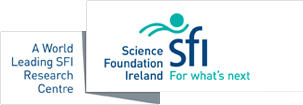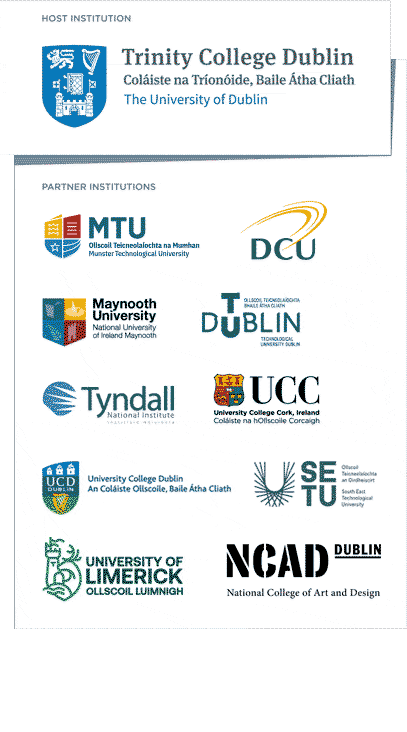CONNECT values the importance of diverse voices in helping to address the societal challenges of our age. Our Orthogonal Methods Group, for instance, explores STEAM approaches to networks research. (STEAM is the inclusion of the arts in the familiar formula of STEM (science, technology, engineering and maths).)
In this article, Stefan Tonge, CONNECT communications intern, a student of philosophy and sociology at Trinity College Dublin, points to research suggesting exposure to philosophy can help improve children’s STEM skills…
Research funded by the Education Endowment Foundation in England has found that schools which introduced a weekly philosophical discussion for children aged 7-11 noted an increase in reading and mathematical abilities of up to 66%. The longitudinal study, which examined over 3,000 pupils, showed the development of a child’s critical thinking is crucial to their mathematical and reading capacities. (The study spanned a full calendar year with a control group who were not provided with the philosophy classes.)
The impact on children from a lower socioeconomic background is particularly noteworthy. These children progressed 2-4 months faster with their reading and mathematics skills compared to cohorts without classes in philosophy. The results also showed that children’s relationships with fellow pupils and teachers improved massively, with teachers reporting improved concentration and productivity after introducing the hour-long philosophy classes. One teacher noted: ‘Children are better at taking turns and listening to each other, particularly when working in groups.’
This comes at a time when philosophy is seen in some quarters as outdated, with a preference for the prioritisation of STEM subjects. Indeed, very few Irish schools have adopted philosophy as a serious way of improving children’s mathematical aptitude.
However, the capacity to form a structured opinion capable of robust challenge is crucial to understanding, and engaging with, the world in which we live. The philosophical argument relies on logic just as much as the scientific method. It is simplistic to speak solely in terms of a clash of disciplines. A mutually beneficial relationship is possible.
From personal experience of working at CONNECT, where engineering and the arts come together via the Orthogonal Methods Group (a team of creative arts practitioners), I have seen the benefits arising from such collaboration. Engineers are challenged to look at problems differently, and artists are challenged to understand the approach of their engineering colleagues.
Critical thinking is a transferable skill applicable to any discipline; it facilitates the questioning of that which has been taken for granted in the past, while paving new ways for the future.
CONNECT is the world leading Science Foundation Ireland Research Centre for Future Networks and Communications. CONNECT is funded under the Science Foundation Ireland Research Centres Programme and is co-funded under the European Regional Development Fund. We engage with over 35 companies including large multinationals, SMEs and start-ups. CONNECT brings together world-class expertise from ten Irish academic institutes to create a one-stop-shop for telecommunications research, development and innovation.
Articles


